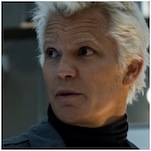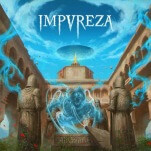Netflix Stands Firm on Big Making a Murderer Decision
Making a Murderer, the immensely popular Netflix documentary about accused murderer Steven Avery, has begun to attract a bit of criticism regarding its methods. Avery was wrongly imprisoned for rape in 1983, and exonerated by DNA evidence 18 years later, but he wasn’t out long before he was arrested again for the 2005 murder of Teresa Halbach. The engrossing show revisits both trials, and—without spoiling any of the plot—effectively manages to cast doubt on the judicial competence and rectitude of Wisconsin’s Manitowoc County.
-

-

-

-

-

-

-

-

-

-

-

-

-

-

-

-

-

-

-

-

-

-

-

-

-

-

-

-

-

-

-

-

-

-

-

-

-

-

-

-








































